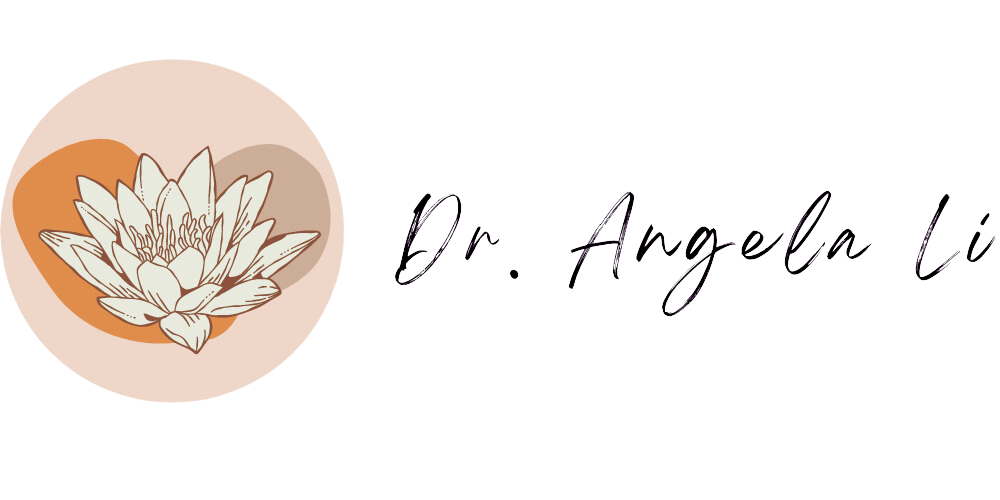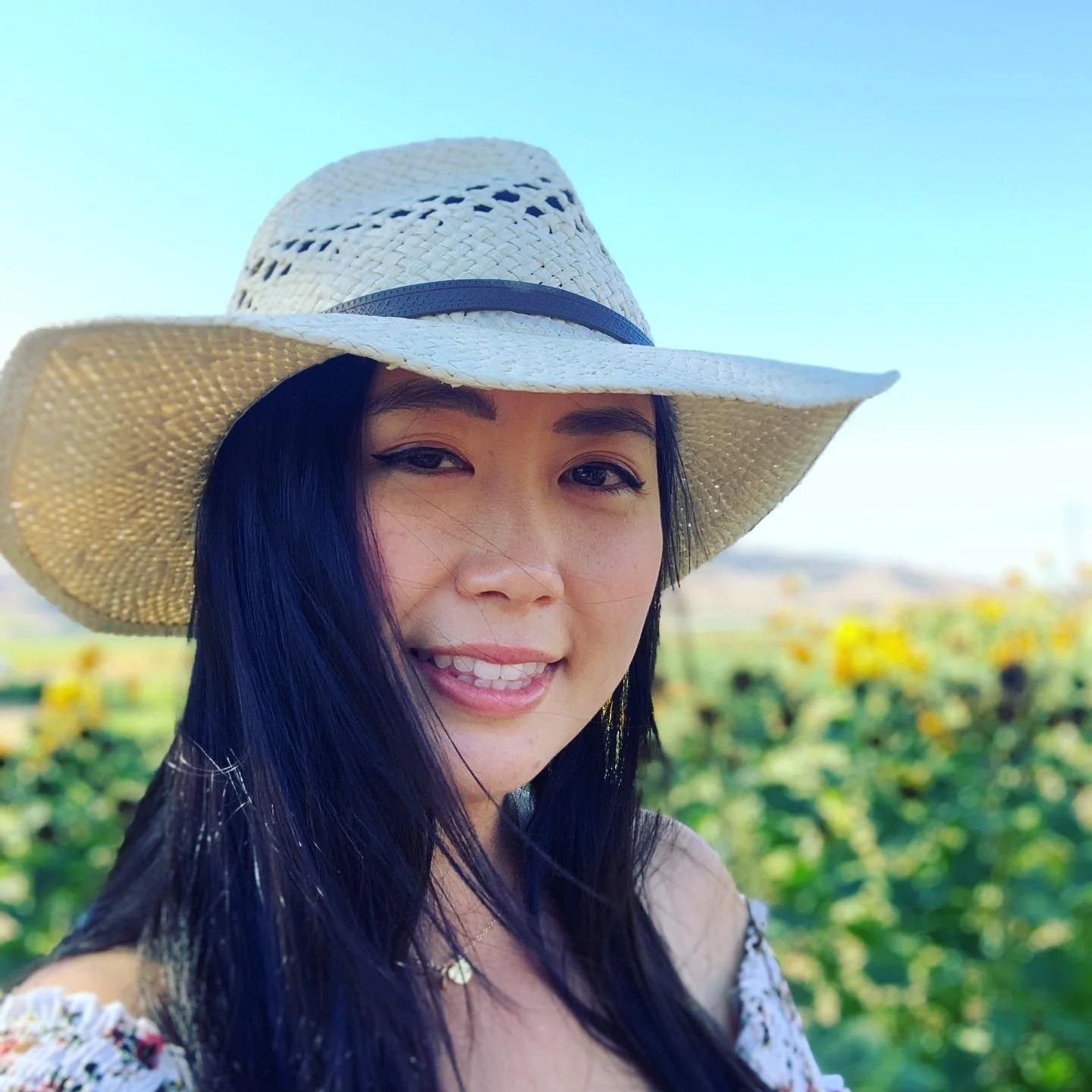From Pre-Med to Psychologist: How I Became the ‘Wrong’ Kind of Doctor
My Story
Growing up, I longed for connection and understanding—but this often felt like an uphill battle. My parents immigrated from Taiwan, and the cultural and generational differences between us created a sense of emotional distance. Living in suburban Illinois, I often felt like the odd one out—neither fully understood at home nor fully belonging outside it.
During high school, I moved to the Bay Area and attended a highly competitive school in San Jose. While I found comfort being around other children of immigrants who shared the AAPI experience, I also felt the heavy pressure to succeed. The relentless drive for academic excellence left little space to explore who I really was.
That pressure followed me to UC Berkeley, where I began college on the pre-med track. Becoming a medical doctor was a dream my family held for me—and I genuinely wanted to make them proud. But inside, I felt unfulfilled. I was going through the motions of what success “should” look like, disconnected from my own strengths and passions.
Eventually, I gave myself permission to explore psychology—an interest born out of my desire to understand people, culture, identity, and relationships. Studying psychology helped me make sense of my own experiences: the anxiety, the disconnect, the stigma around mental health, the impact of the Model Minority Myth. I learned I didn’t have to choose between cultures or identities—I could honor all the parts of me.
I know how painful it is to feel like you're fighting against yourself—questioning your needs, silencing your voice, and pushing aside the quiet longing for something more. My mission as a therapist is to help you turn toward that longing, amplify your inner voice, and gently quiet the noise of external expectations.
I support people in exploring what it means to live authentically and with purpose—aligned with their values, passions, and priorities. Together, we work to remove the barriers that get in the way: anxiety, self-doubt, cultural pressures, past trauma, or perfectionism. Whether you're navigating work, relationships, creativity, or identity, therapy can help you come home to yourself.

Education & Training
I received my B.A. in Psychology from the University of California, Berkeley, and my Ph.D. in Clinical Psychology from the University of Colorado Boulder.
I have over 13 years of clinical experience in a variety of settings, including university counseling centers, hospitals, non-profits, and private practice. My training includes:
Postdoctoral residency at Kaiser Permanente Walnut Creek
Predoctoral internship at UCLA Counseling and Psychological Services (CAPS)
I’ve had the privilege of working with a wide range of clients, including Asian American and other BIPOC individuals, first-generation and second-generation individuals, and LGBTQIA+ individuals. I’ve supported clients navigating challenges such as anxiety, depression, identity development, relationship issues, family conflict, life transitions, trauma, and stress related to work, culture, or belonging.
In therapy, I draw from a range of evidence-based approaches, including:
Cognitive Behavioral Therapy (CBT)
Acceptance and Commitment Therapy (ACT)
Dialectical Behavior Therapy (DBT)
Exposure Therapy
Integrative Behavioral Couples Therapy (IBCT)
Emotionally Focused Therapy for Couples (EFT)
Mindfulness and self-compassion practices
I tailor treatment to your unique needs, strengths, and goals—bringing in these tools flexibly and collaboratively to support meaningful and lasting change.
A bit more about me
I’m very much on the same journey of building an authentic life. Being a psychologist is a meaningful part of who I am—but not the whole story. Outside of this role, I’m also a partner, mother, daughter, friend, singer/songwriter, creative, foodie, traveler, and someone still discovering new parts of myself.
I know how vulnerable it can feel to put yourself out there—whether in relationships, creative work, or new directions in life. Over time, I’ve learned that honoring your voice and values is not selfish—it’s necessary for a meaningful, connected life.
They say research is “me-search,” and I chose this profession—and these specialty areas—because they’re deeply personal. Many of the challenges I support others through are ones I’ve faced myself. I bring both my professional training and lived experience into the therapy room, with the hope that it helps you feel more understood and less alone.
Speaking Events
KQED Forum — “Is Your Perfectionism a Problem?”
I was a guest panelist where I joined the conversation on how perfectionism affects mental health and daily life.
Listen to the episode →
Beyond the Therapy Room
Academic Research
My research in graduate school focused on romantic relationship quality and its associations with mental and physical health. These experiences fuel my interest in helping individuals and couples navigate their relationships, understanding that relationship quality is intricately connected with physical and mental health and well-being.
-
Whisman, M. A. & Li, A. (2015). Assessment of positive and negative relationship adjustment in marriage. Personal Relationships, 22, 679-691. doi: 10.1111/pere.12103
Li A., Robustelli B. L., & Whisman M. A. (2015). Marital adjustment and psychological distress in Japan. Journal of Social and Personal Relationships, 33, 855-866. doi:10.1177/0265407515599678
Robustelli, B. L., Trytko, A. C., Li, A., & Whisman, M. A. (2015). Marital discord and suicide outcomes in a national sample of married individuals. Suicide and Life-Threatening Behavior, 45, 623-632. doi:10.1111/sltb.12157
Whisman, M. A., Li, A., Sbarra, D. A., & Raison, C. L. (2014). Marital quality and diabetes: Results from the Health and Retirement Study. Health Psychology, 33, 832-840. doi:10.1037/hea0000064
Whisman, M. A., Johnson, D. P., Li, A., & Robustelli, B. L. (2014). Intimate relationship involvement, intimate relationship quality, and psychiatric disorders in adolescents. Journal of Family Psychology, 28, 908-914. doi:10.1037/fam0000026
Whisman, M. A., Johnson, D. P., BE, D., & Li, A. (2012). Couple-based interventions for depression. Couple and Family Psychology: Research and Practice, 1, 185-198. doi:10.1037/a0029960


